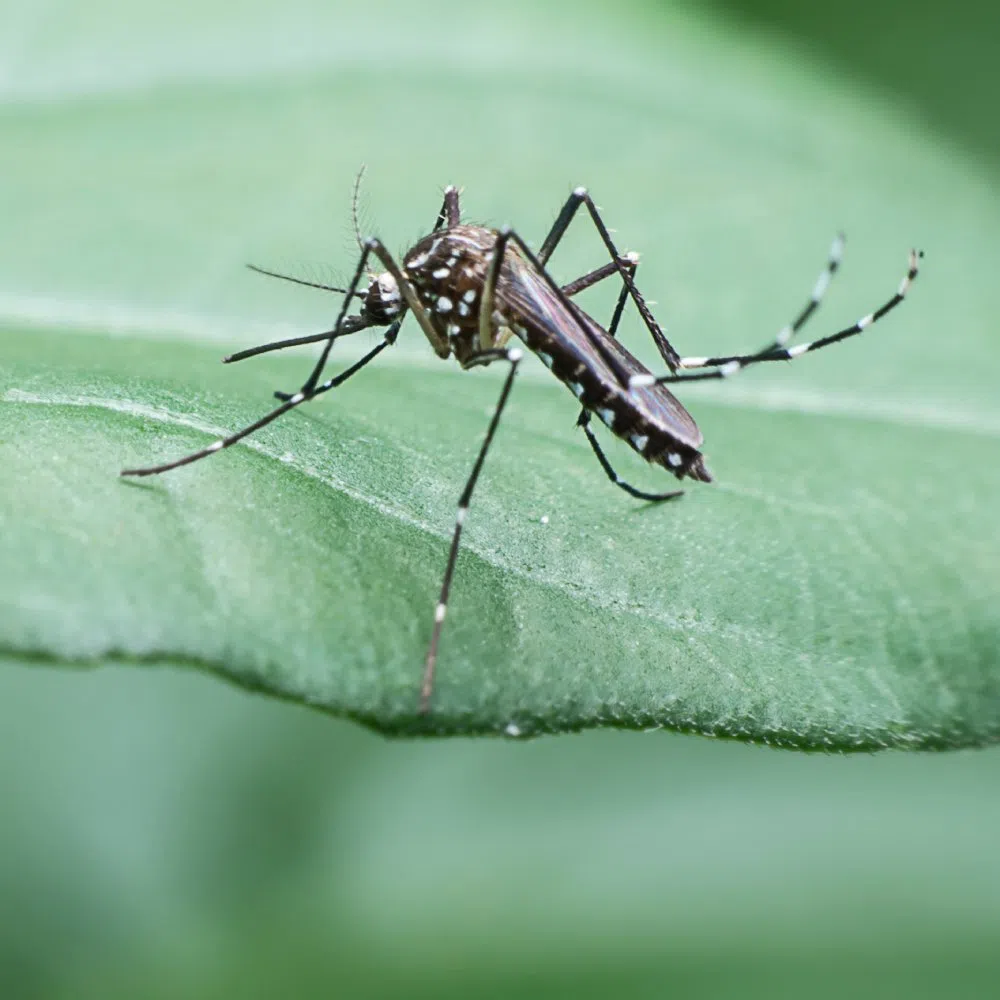Mosquito infestations are a common issue in humid regions worldwide, and they can have a strong impact on our society. The warm and moist environments are ideal breeding grounds for these pests, leading to annoying bites and serious health concerns.
The high population densities in many humid areas amplify the potential for outbreaks, making mosquito control an urgent priority. Learning why mosquito control is crucial in humid areas will help authorities safeguard health and well-being, even in the most challenging environments.
Understanding the Impact of Mosquito-Borne Diseases
One of the primary reasons that mosquito control is crucial is the impact of mosquito-borne diseases. Mosquitoes are vectors for various diseases, such as malaria, dengue fever, Zika virus, and West Nile virus, which afflict millions worldwide. In humid areas, the risk of these diseases increases as mosquitoes thrive in favorable conditions. Effective mosquito control can mitigate the transmission of these diseases, protecting communities and reducing healthcare burdens.
Environmental Factors Contributing to Mosquito Proliferation
Humidity plays a significant role in mosquito proliferation. In moist climates, stagnant water collects more easily, providing ample breeding sites for mosquitoes. Lush vegetation found in such regions offers shelter and food resources for mosquitoes. Understanding these environmental factors is key to establishing effective mosquito control strategies, as it allows for targeted actions that reduce mosquito habitats and prevent outbreaks.
Safer Environment Through Mosquito Control
Achieving a safer environment in humid areas involves implementing effective mosquito control strategies that balance efficacy and ecological integrity. One critical factor to address is the spraying of insecticides—that said, learning what to consider before spraying for mosquitoes is crucial for an effective approach. It’s necessary to select eco-friendly products and ensure minimal impact on non-target species such as pollinators and other beneficial insects.
Economic Consequences of Mosquito Infestations
Unchecked mosquito infestations can have significant economic consequences for individuals and communities. These pests can limit tourism, outdoor activities, and agricultural productivity, decreasing revenue in affected areas. Implementing mosquito control maintains public health and supports local economies by creating a safer and more appealing environment for residents and visitors.
Health Concerns Beyond Mosquito Bites
While mosquitoes are famous for their itchy bites, the health concerns they present extend far beyond skin irritation. For individuals with allergies, mosquito bites can lead to severe allergic reactions. The psychological stress caused by mosquito infestations can impact mental well-being. Addressing these health concerns is a vital component of comprehensive mosquito control efforts, ensuring the well-being of communities in humid regions.
Mosquito control is important in humid areas, particularly when it comes to maintaining public health and wellness. From controlling mosquito-borne diseases to alleviating economic impacts, the benefits of effective mosquito management are multifaceted and far-reaching. By understanding environmental conditions, considering economic and health implications, and taking a measured approach to interventions, communities can successfully navigate the challenges posed by mosquito infestations.
Image Credit: PeterO #88984595




Comments